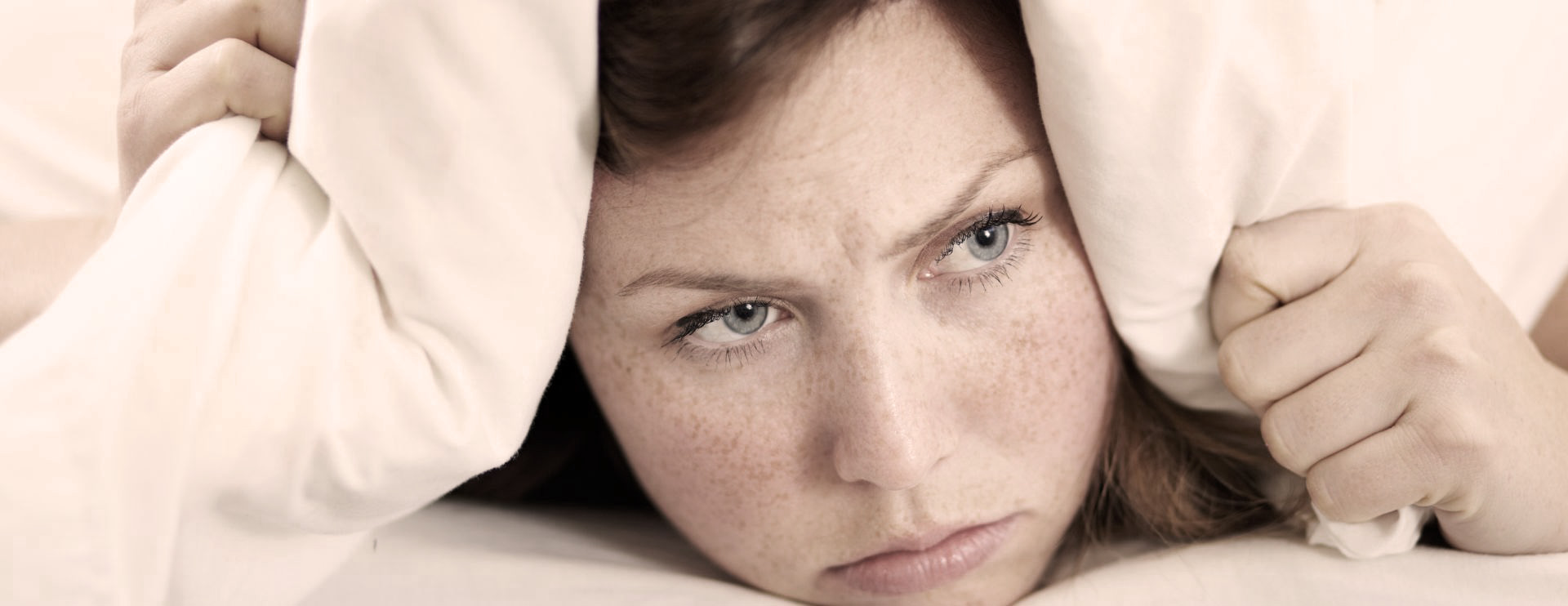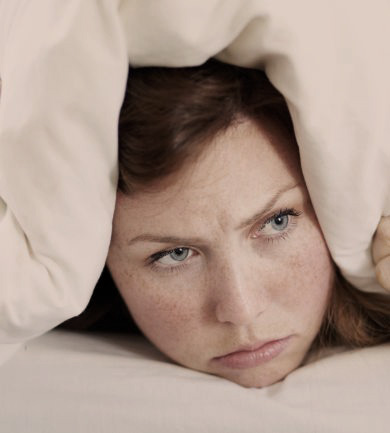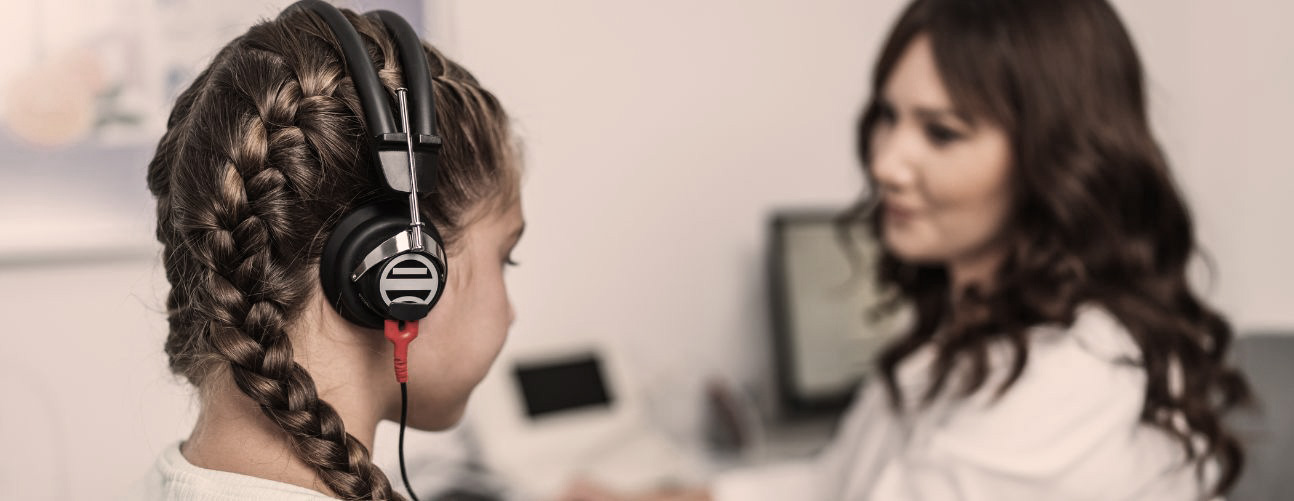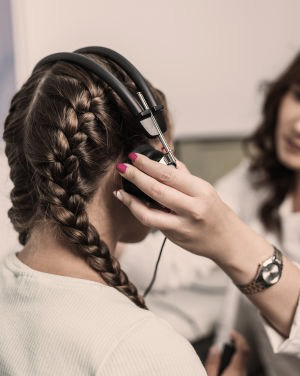

Tinnitus
Tinnitus is the patient’s perception of a sound that does not exist in the external environment.
This symptom is most often linked to hearing damage, but can also accompany other pathologies. It can have a strong impact on the patient’s quality of life, altering their social life and even leading them to suicide. Taking into account the repercussions or the psychological context in which tinnitus develops is therefore one of the main challenges of the consultation.
The assessment of a patient suffering from tinnitus involves a meticulous investigation using questionnaires and rating scales (Tinnitus Handicap Inventory score, Visual Analogue Scales, PSS and HAD scales), supplemented by a thorough medical history. The characteristics of the tinnitus, its impact on the patient’s life and the associated psychological context are assessed, all of which are essential to guide treatment. The investigation is completed by a thorough clinical examination of the ears and, if necessary, of the cervical region, the mandibular apparatus and auscultation of the vessels of the neck, skull and heart.


Tinnitus assessment
In all cases, specialised hearing tests are necessary, the choice of which is guided by the initial assessment:
- Tonal audiometry extended to high frequencies, speech audiometry (in silence and in noise) and a search for auditory discomfort thresholds to detect hyperacusis, which is associated with tinnitus in about a third of cases.
- Multi-frequency tympanometry and search for stapedial reflexes.
- Search for Otoacoustic Emission (OEP, OEAS, OEAP, PDA)
If necessary, these tests can be supplemented by :
- Search for Auditory Brainstem Response (ABR)
- Imaging of the ears and/or central auditory pathways and areas (MRI, CT, cone-beam), particularly for pulsating tinnitus
- Radiological assessment of the cervical spine and/or manducatory apparatus (jaws, teeth, TMJ).
- Consultation with a neurologist, cardiologist or psychiatrist.
- Consultation with a dentist, maxillofacial surgeon or osteopath.
At the end of this assessment, a distinction is made between objective tinnitus (which can be perceived by those around us) and subjective tinnitus, which occurs in the vast majority of cases. A distinction is also made between pulsatile and non-pulsatile tinnitus.
Among subjective tinnitus, sensorineural tinnitus is by far the most common. The wide variety of pathophysiological mechanisms involved and the different types of damage to the auditory system that can cause tinnitus make it difficult to approach the patient with tinnitus and mean that each patient is unique and requires an in-depth, customised assessment.
At the end of the assessment, a treatment pathway will be proposed, based on evidence and recommendations, prioritising treatment of the causal pathology if this has been identified. Otherwise, or in case of failure, treatment usually involves a multidisciplinary approach that may include :
- Advice
Pharmacological therapy
Sophrology, psychotherapy and hypnosis. - Hearing aids with or without sound therapy.
- Bimodal neuromodulation (Lenire), an extremely promising innovative therapy for which OTONEURO MONACO is the first reference centre in France and Italy.
- Cochlear implant for disabling tinnitus associated with unilateral profound deafness.
Tinnitus patients will find in our centre an experienced medical team that listens to patients’ needs, has top-class technical facilities for functional assesments, networks with medical and para-medical professionals, and offers the latest therapeutic advances. Our team is also involved in tinnitus research with Professor Jean-Luc PUEL’s INSERM unit in Montpellier, dedicated to hearing disorders.
